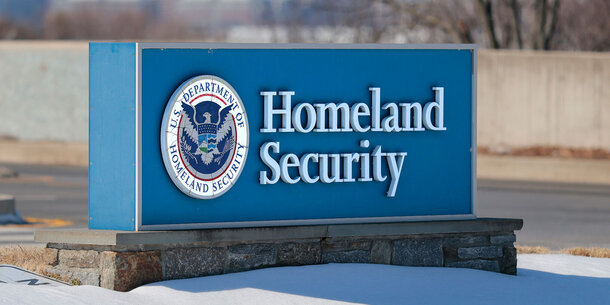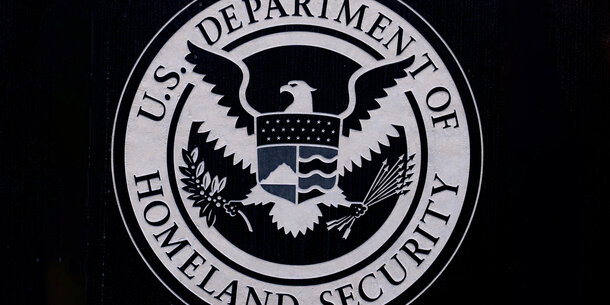Just shy of the one year anniversary of the Supreme Court’s June 2018 decision allowing the Trump administration to fully implement the Muslim ban for the foreseeable future, the State Department published a report showing the ban’s devastating impact on American families. The administration isn’t just separating families at the southern border, but also through its actions in countries overseas, where officials implementing the Muslim ban are barring people from being with their loved ones in the United States.
Imagine being married or engaged to someone and not being able to live with them because your government, without any proof, has claimed that letting people into the United States from your partner’s country would harm national security. That’s the situation for at least 3,882 people, according to the State Department. The ban has also kept at least 1,545 children from their American parents and 3,460 parents from their American sons and daughters.
These numbers count only people barred solely because of the Muslim ban, meaning that they would have otherwise received a visa. They meticulously documented their links to American relatives, submitted to interviews and medical examinations that they passed, and went through one of the world’s most rigorous visa vetting systems, which incorporates a range of national security checks.
Overall, at least 42,650 people — including students, parents, siblings, tourists, children, and businesspeople — have been barred from the United States because of their country of origin, rather than any warning signs in their files. Compared to the four years preceding the Trump administration, visa issuance rates have plummeted from the countries affected by the Muslim ban. For example, we estimate that the number of permanent visas granted for Americans’ immediate relatives have fallen from about 50 percent to 80 percent in the targeted countries. And these numbers don’t tell the whole story — many more are discouraged from even applying, due to razor-thin chances of approval.
Almost everyone who wishes to travel to the United States from the Muslim ban countries can only do so if they get a waiver by showing that they would experience an “undue hardship” if they don’t receive a visa, that they are not a threat to national security, and that their entry would be in the U.S. “national interest.” (A small number of people are excepted from the ban — for example, if they are dual citizens of a non-banned country.)
The Trump administration has claimed that the waiver process ensures that the ban is flexibly and humanely applied. But this is sophistry. According to the State Department’s own calculations, it is granting waivers to people who have applied for visas at the paltry rate of 5 percent. Less than 30 percent of children of U.S. citizens received waivers. Only 13 percent of spouses of U.S. citizens received waivers. Does the Trump administration believe that people being torn from their families are not experiencing an “undue hardship,” or maybe that the children somehow present a national security risk? We don’t have much clarity into how these decisions are actually made, but the little that we do know suggests that the administration is not even consistently applying the rigorous standards it has formulated.
Consider that Shaima Swileh, a Yemeni mother barred from visiting her dying two-year-old son, only received a waiver after media reports told her story and the administration was pressured to issue one. It’s far from surprising that U.S. consular officers have said in sworn statements that the waiver process is “window dressing” to disguise discrimination.
While the Muslim ban may have receded from public view, the thousands of Americans who are being kept from their families live with it every day, and these numbers will continue to grow as it remains in effect. That’s why the Brennan Center and other groups are continuing to fight in court. In May, our lawsuit challenging the ban on the grounds that it was driven by anti-Muslim prejudice was allowed to proceed. In California, a case filed by Muslim Advocates and others challenging the waiver process as a sham is also moving forward, with a federal judge ordering the government to explain more about how it decides on waivers. A quicker fix is available too: Congress can act by passing the NO BAN Act, which would repeal the Muslim ban and make it harder for presidents to enact such discriminatory policies in the future.
Religious freedom and equality are two of America’s core foundational principles. The Muslim ban undermines these values with each additional day it is operational.
(Image: Mark Wilson/Getty)



